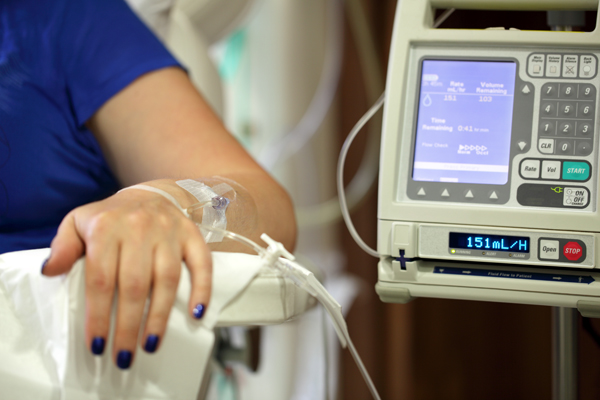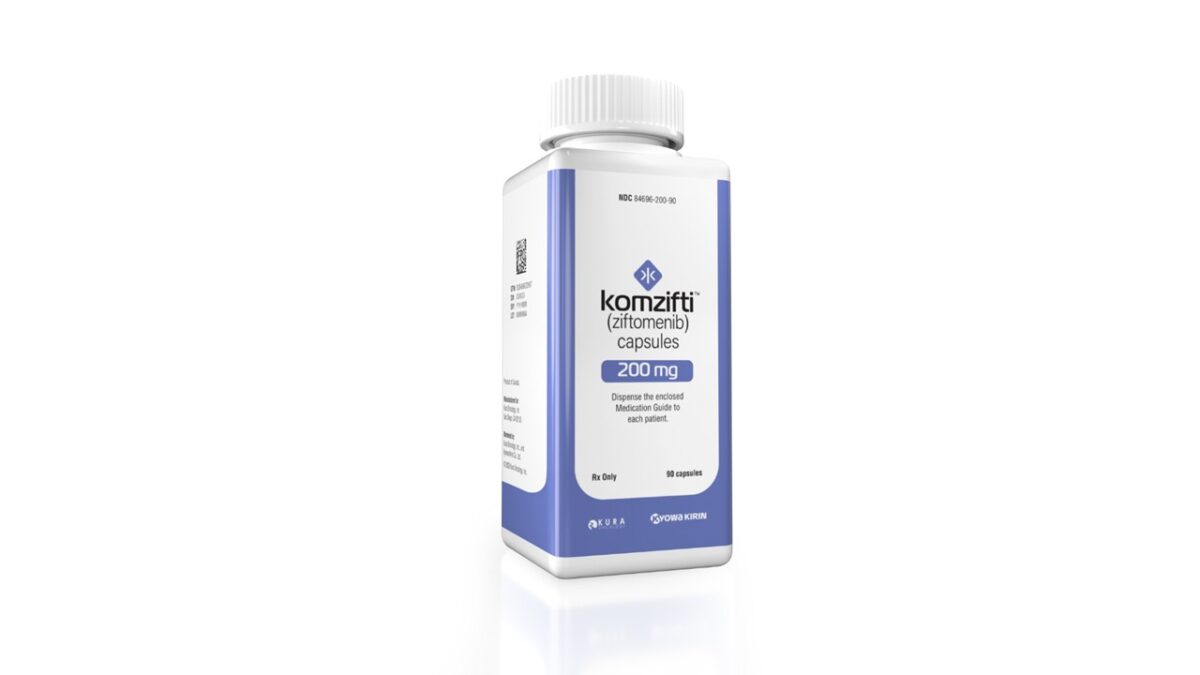Despite the promise of immunotherapy in treating cancer, only 25 percent of patients respond to treatment. This has prompted researchers at the University of Michigan to question the biomarker predominantly used to assess treatment eligibility for this new class of cancer immunotherapy drugs.
“This begs the question: why does it work in those patients? We don’t understand the mechanism at work very well,” said Dr. Weiping Zou, the Charles B. de Nancrede Professor of Surgery, Pathology, Immunology and Biology at the University of Michigan. Zou and his team published their findings in the Journal of Clinical Investigation.
In their study, Zou and his colleagues looked at PD-L1 expression in mice with colon cancer, ovarian cancer, melanoma and lung cancer. PD-L1 is a common target for cancer immunotherapy drugs – aptly named ‘PD-L1 inhibitors’ – so the researchers wondered exactly how much of a role its expression played in a patient’s response to immunotherapy.
They found that antigen presenting cells – including macrophages and dendritic cells – in lymph nodes and the tumor microenvironment play a key role in predicting whether a patient can be successfully treated using immunotherapy.
“The antigen presenting cells are the real guide. PD-L1 expression in these cells is responsible for response to therapy. This reshapes our understanding of checkpoint blockade therapies and the biomarkers that may predict clinical efficacy,” said Zou.
The findings are important since the US Food and Drug Administration (FDA) has approved PD-L1 and PD-1 inhibitors which are only indicated for use in patients whose tumors express the protein. However, patients with the biomarker have failed to respond to some PD-L1 inhibitors, while other patients whose tumors test negative for the biomarker benefit from treatment with the immunotherapy.
“Clearly, that’s not a reliable biomarker,” said Zou.
In addition to their animal research, Zou and his colleagues also studied tissue samples collected from patients with melanoma and ovarian cancers who were treated with immunotherapeutic agents. They found that the percent of antigen presenting cells expressing PD-L1 was correlated with a patient’s response to treatment.
Since tumor tissue is currently broadly tested for PD-L1 expression, clinicians cannot say which cell types in an individual are expressing the biomarker. According to the study authors, identifying additional clinical biomarkers may be the best way to predict treatment response to cancer immunotherapy.












Join or login to leave a comment
JOIN LOGIN